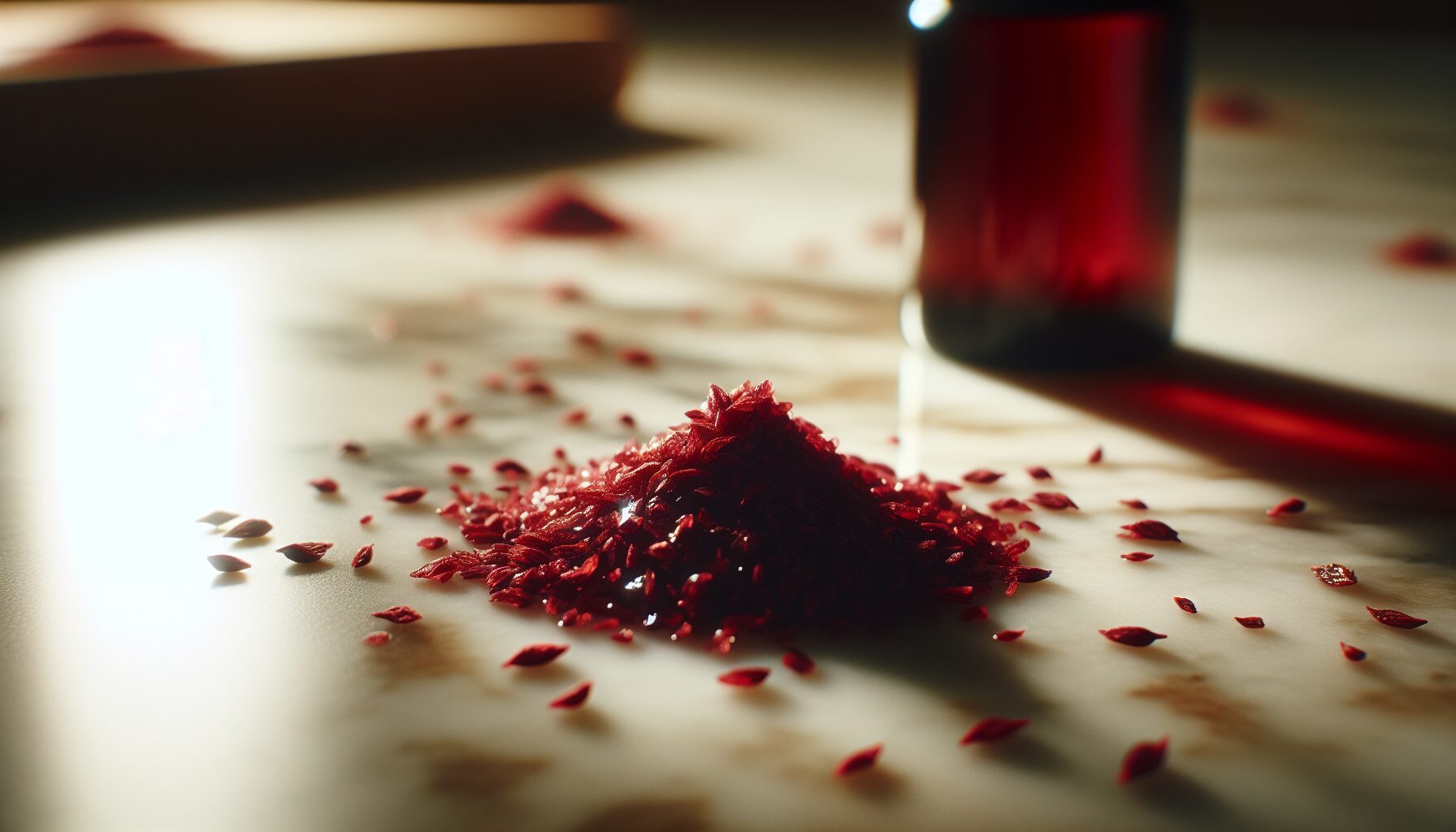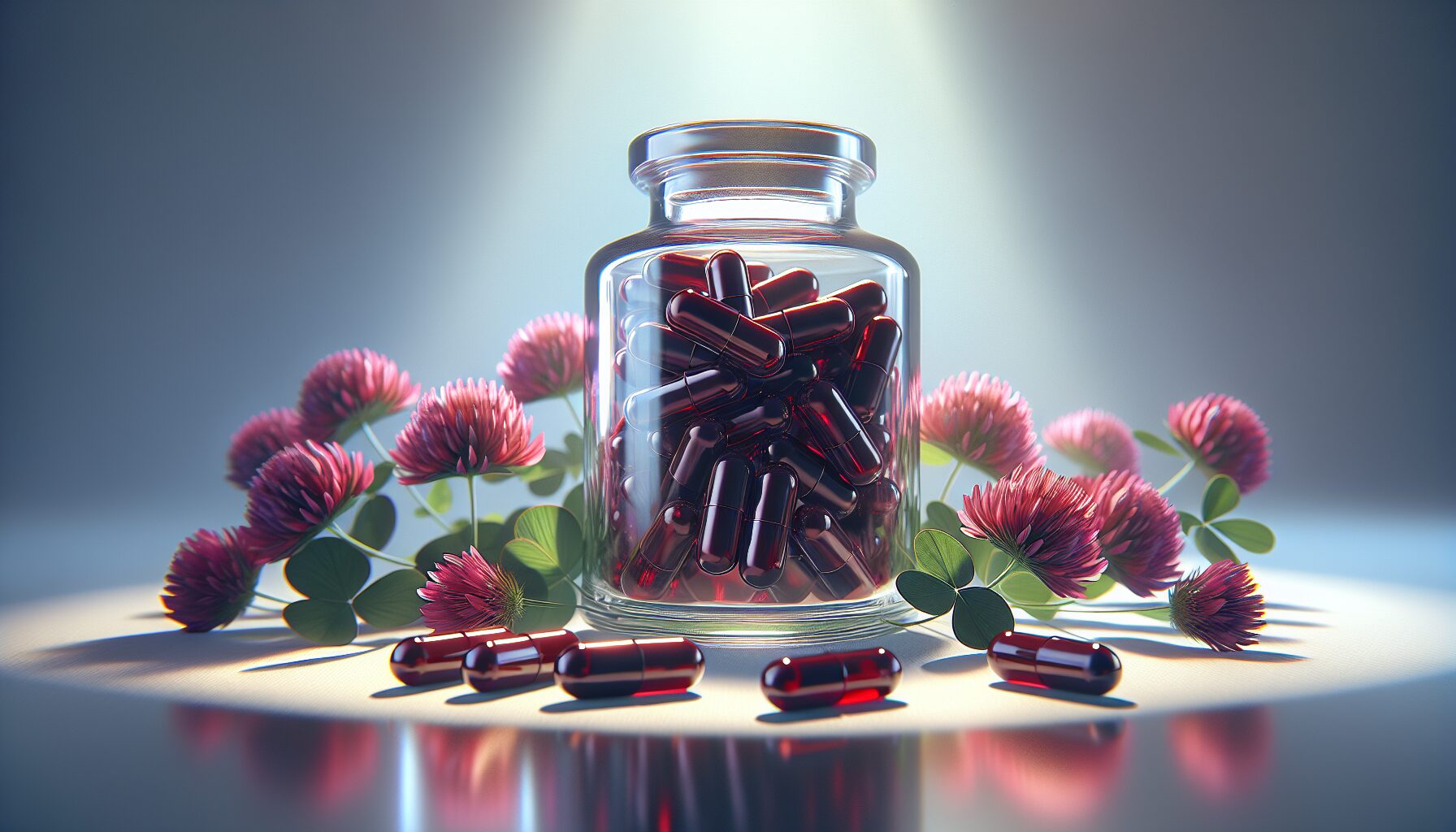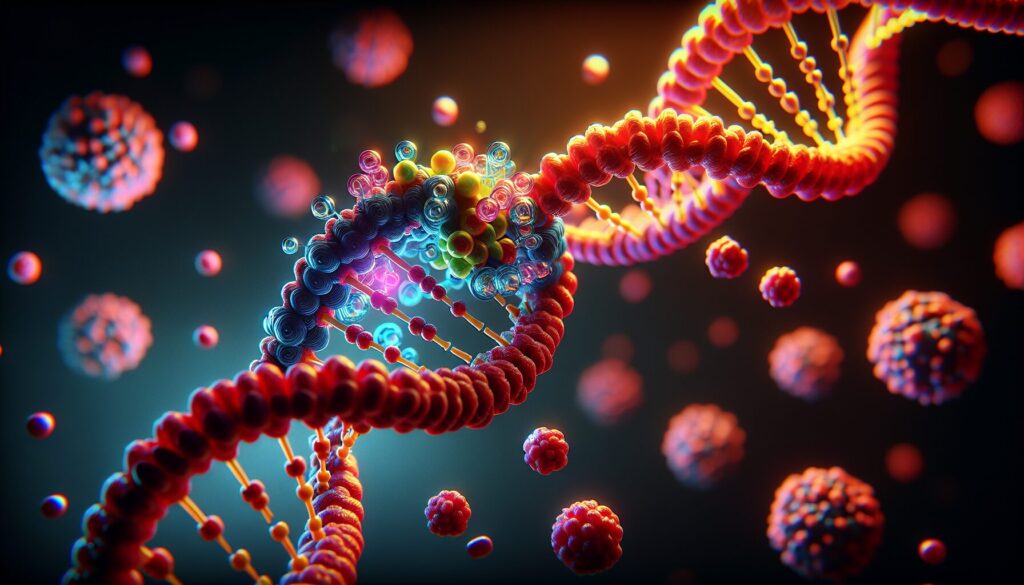
Red Clover Benefits During The Menopause
Red clover is used as traditional herbal support during the menopause, for arthritis and may have health benefits for sufferers of inflammatory diseases. Extracts of red clover are recognised as a medicinal botanical herb and not a food. Red clover extract has been a known folk botanical remedy for many years. Red clover is recognised as safe by the FDA and supports soil fertility. Botanical remedies are obtained from plants and are generally perceived as safe in the prevention of menopausal, or other health issues, due to their natural origin. Some of the key active ingredients within red clover may be responsible for lowered risk of hormone-dependent diseases.
During the menopause many changes occur within the body, including changes in hormone levels. The main change during the menopause is when the usual female ovarian function stops, causing reduced circulating oestrogen levels. Because of fluctuations in hormone levels this can be a difficult time for women. Some women could benefit from menopausal support, particularly in the form of supplements like red clover extract. These fluctuations in hormone levels can cause all sorts of havoc within the body.
Understanding hormone levels is important for men as well. Hormones are central to our health and can help sustain muscle mass. Hormones like oestrogen play an important role in bone mass regulation. Fluctuations in oestrogen can cause bone density issues in menopausal women. Botanical or herbal dietary supplements such as red clover may help with this menopausal symptom. Red clover may also provide some additional benefits to cardiovascular health and antioxidant support.
In this article we will look at the evidence for health benefits from red clover extract, particularly in relation to the menopause.

Red Clover Menopause Support
The use of natural herbal supplements, particularly for the menopause, has become a lot more popular as people look for natural supports and viable alternatives to existing clinical treatments. Some of these may produce side effects such as breast cancers because of how individuals react to them. This has led to the production of menopause supporting supplements, including red clover extract supplements.
For the menopause, isoflavones have a potential health benefit as phytoestrogens. As a phytoestrogen, a compound can mimic the effects of oestrogenic hormones that are naturally made in the body. Some phytoestrogens can also bind to oestrogen receptors in the body. While they may weakly bind, studies show that they have similar activity to low levels of natural oestrogen. Research findings suggest that could be an alternative and natural medicine, especially for the menopause. Many consider phytoestrogens to have menopausal supporting properties, without the adverse effects of some traditional clinical treatments.
The reported health benefits of red clover for the menopause come from specific isoflavones including formononetin, biochanin A, daidzein and genistein. These are thought to be the main bioactive plant molecules in red clover. They have progestogenic and estrogenic effects within the body due to their structure. This is the main reason why these isoflavones may provide natural support during the menopause. These isoflavones specific to red clover are thought to bind to oestrogen steroid receptors and induce oestrogenic steroidal responses within the body.

Red Clover Benefits For Hot Flashes And Heart Health
Red clover extracts consumption may decrease frequency of hot flashes, especially in women with severe symptoms. This is a prevalent symptom of the menopause and provides further evidence that red clover can potentially provide benefits for women during the menopause. Some sub-symptoms of menopausal hot flashes are sweats and palpitations. Hot flashes ultimately result from changes in skin blood flow and thermoregulation. The results of various studies using red clover isoflavones or red clover extract show that this ability to reduce hot flashes in menopausal women is significant.
The mild effects of red clover on cholesterol levels and fatty acids within the blood may provide mild protection against atherosclerosis and reduce risk of heart diseases. Studies have found that red clover extract may reduce blood vessel inflammation in post-menopausal women.
This may be because the withdrawal of oestrogen may increase oxidative stress and red clover extract provides a corrective effect. This is one means as to how red clover may have benefits for cardiovascular health. Initial research suggests that women who regularly take large amounts of phytoestrogens, such as those in red clover, are less likely to develop heart diseases and breast cancer.
Interestingly, red clover extract has may induce non-cancerous growth effects on breast tissue. This may be because of its oestrogen mimicking effects on oestrogen receptors.

Red Clover Antioxidants
Some of the positive effects of red clover, including on heart health, may be due to the polyphenol content of red clover extracts. The amounts of polyphenols in red clover are thought to be quite high and red clover extract is also considered to have a decent free radical scavenging or antioxidant activity. Red clover extract polysaccharides and the anthocyanin red clover pigment, responsible for its red colour, may also provide some antioxidant effects.
Our cells are lined with polyunsaturated fatty acids and these are particularly susceptible to free-radical-mediated oxidation. This damages their structure, causing a greatly elevated risk of developing atherosclerosis and cardiovascular diseases. Atherosclerosis is where arteries can become damaged and accumulate oxidised fatty acids, this causes blood pressure to increase. This is why atherosclerosis can contribute to increased risks of heart attack and stroke.
The action of antioxidants is to negate the harmful energy from radical molecules, protecting cells from damages. Natural antioxidants, such as red clover polyphenols, have this ability to protect our cells from damage and reduce risks of heart diseases. This is especially relevant during the menopause, where risks of atherosclerosis increase.
Studies suggest that the flavonoids in red clover extract could be anti-inflammatory and anti-platelet accumulating, therefore they could be preventative of menopause related atherosclerosis. The specific isoflavones within red clover may have antioxidant potential, providing anti-inflammatory effects within the body. They were shown to inhibit leukocyte migration in one study. This is a proinflammatory response and this again suggests red clover can effect the risks of atherosclerosis.

Red Clover Bone Density Support For The Menopause
Many women lose bone density during and after the menopause, which is a characteristic symptom of the menopause. This can lead to osteopenia, a form of osteoporosis which is a disease characterised by low bone mass and density. Osteopenia occurs because oestrogens influence the maintenance of bone density. The drop in oestrogen levels causes bone to be resorbed. That means the body is no longer forming as dense layers of bone as before, which can lead to structural weakness.
When taken as a supplement, red clover may also have a positive effect on bone health during the menopause. This is due to findings from one study which found that, when taken once a day, red clover extract improved bone density in menopausal women. This is possibly because the red clover specific isoflavones bind to receptors that are in the bone, which could lead to an improvement of bone density.
Other studies have found this too, showing that phytoestrogens can enhance bone formation and collagen levels. Some researchers have found that phytoestrogens, like those in red clover, can suppress bone resorption too.
Formononetin is a specific red clover isoflavone that has been shown to trigger bone formation in menopause mimic animal studies, with a relatively high level of oestrogenic activity within the body. Biochanin A has also been shown to encourage bone resorption in similar studies.
These are all important reasons why red clover is recommended as a support for the menopause. Red clover extract can quite possibly help to manage important symptoms of the menopause from bone density losses to hot flashes.

Summary
Red clover is used as traditional herbal support during the menopause and has been known for many years.
In the menopause many changes occur within the body, including changes in hormone levels. The main difference is a drop in overall oestrogen levels. Because of the resulting fluctuations in hormone levels, this can be a difficult time for women.
The use of natural herbal supplements, particularly for the menopause, has become a lot more popular as people look for natural supports and viable alternatives to existing clinical treatments.
For the menopause, red clover isoflavones have a potential health benefit as phytoestrogens. phytoestrogens can mimic the effects of oestrogenic hormones that are naturally made in the body. Red clover isoflavones with phytoestrogenic properties include formononetin, biochanin A, daidzein and genistein.
Red clover extracts may decrease frequency of hot flashes. Extracts of red clover may reduce blood vessel inflammation and improve blood lipid profiles. This could be due to antioxidant polyphenols in red clover. Reduced blood vessel oxidative stress may also reduce the risks of atherosclerosis and therefore heart diseases.
Many women lose bone density during and after the menopause. Red clover may also have a positive effect on bone density, providing bone health support during the menopause. Researchers identified that phytoestrogens, like those in red clover, could suppress bone resorption and improve bone density during the menopause.
Studies with red clover so far suggest that they may be a herbal remedy for menopause symptoms, proving potential benefits in alleviating hot flashes to reducing losses in bone density.
For more interesting articles, see the main page below.





